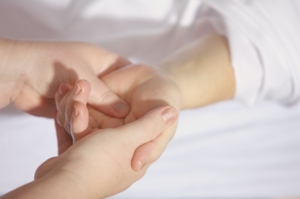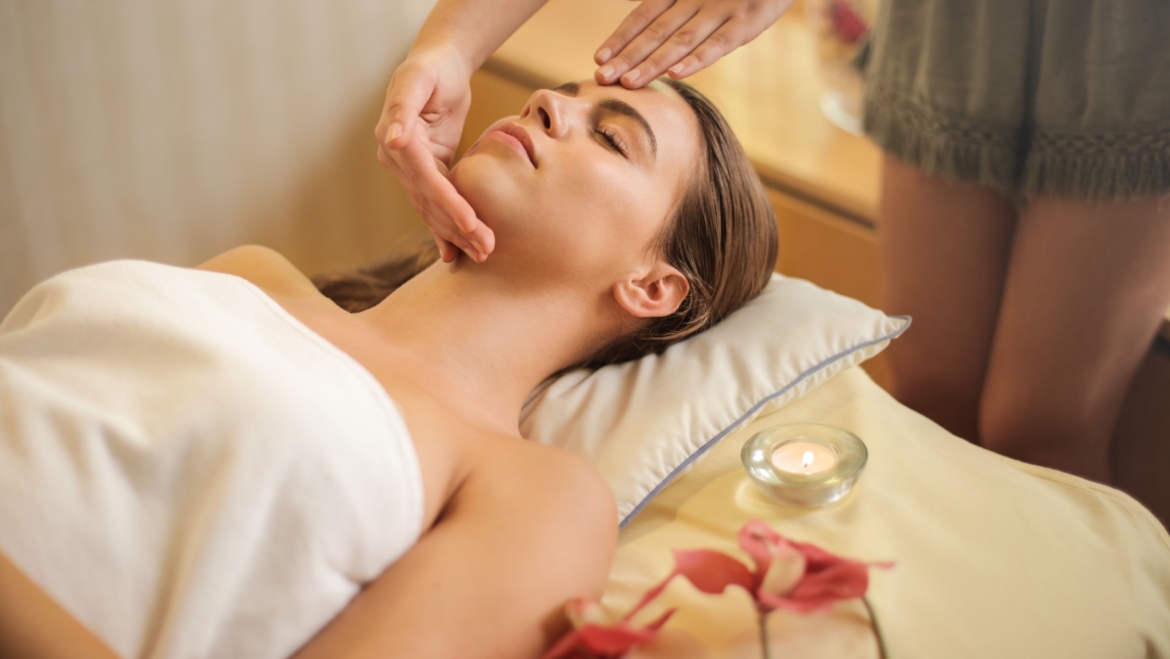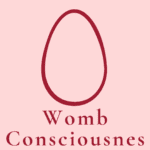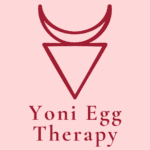What is Reiki treatment?
Reiki treatment is by far one of the most sought after and most well-known holistic therapies in the holistic universe.
For many it is a complementary therapy and for others a start for a new lifestyle.
Reiki is a Japanese natural energy therapy widely used for stress reduction and body relaxation that calms the body, mind and spirit and cures imbalance or illness, also widely used for those suffering from stress or anxiety.
Reiki is a therapy that works as a complement to the action of any medical practice and that harmoniously adapts to any lifestyle.

Diagnosis for treatment
The Reiki therapist does not make diagnoses with the patient, but integrates the treatment as a complementary way to the process of recovering the health of the recipient, in case the patient has some type of disease and for the cure of small daily illnesses, making it more agile and improvement process is effective.
How does the Reiki session works?
Reiki is performed with the patient dressed, sitting or lying down. The session can last an average of 30min to 60min. The therapist approaches the hands to predetermined areas of the patient (head, trunk, arms, legs, feet) and channels the patient’s energy.
Reiki is transmitted by the specialized therapist through the laying on of hands without the need for any other instrument and is based on the concept that Reiki is an invisible universal energy that flows through us and is what makes us alive.
When our vital energy meets resistance to its flow in our body, the individual becomes ill and sees the natural abilities to heal reduced.
One of the functions of Reiki is to properly channel this vital energy, thus promoting the body’s natural healing process, the appropriate therapist will help you to re-establish and harmonize this flow.
What can I feel during Reiki treatment?
During the Reiki treatment session, the patient may feel as if a wonderful flow of positive energy passes through and around his body and, at some specific points, warmth and relief.
After the therapy, the patient may feel a little dizzy, so it is recommended that the patient remains seated or lying with his eyes still closed, opening slowly until he regains full consciousness.
After the Reiki treatment
The energy of Reiki soothes the mind, evolves the spirit, and expands our consciousness by significantly improving our lives.
Whoever receives it, perceives profound changes in the whole organism, which starts to work with much more vigor, health and balance.
Treatment benefits
- Considerably reduces and relieves daily stress, Reiki balances the body bringing a deep sense of peace, relaxation, comfort and tranquility;
- Relaxes the body, reducing anxiety considerably;
- Helps in the cure of many diseases;
- Helps in quick and complete recovery from various injuries;
- Improves our blood circulation;
- It acts in the detoxification of organs important to the proper functioning of the human body, such as kidneys, liver, bladder and intestines;
- Strengthens the immune system, preventing new diseases and infections from arising;
- Fights insomnia and restores sleep;
Reiki and other therapies
There are several complementary therapies that can be used in conjunction with Reiki treatment.
Choose the best one for you.
In conjunction with these complementary therapies, Reiki is used to treat various types of diseases or to relieve many symptoms and physical conditions, we list some below:
- High pressure
- Circulation problems
- Anemia
- High cholesterol
- Diabetes
- Gallbladder
- Toothache
- Tereid
- Burns
- Eczema
- Acne
When not to do Reiki
Reiki should not replace treatments prescribed by the doctor, such as depression, high blood pressure, diabetes or asthma, for example. Reiki should be used to relieve symptoms, and as a way to help treat diseases or as a complementary form in conjunction with other therapies, and therefore, one should consult the general practitioner or the physician who accompanies the disease before to start this type of therapy.








3 Comments
Good point! I’ll do that when I have a break at work !
Just what I needed, thanks you!
Massage is a great way to spend time.
Comments are closed.